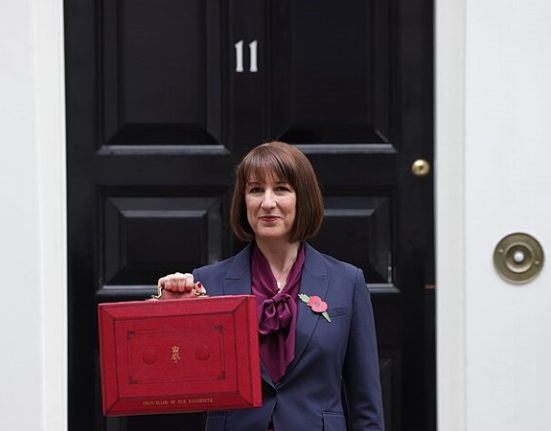One in five state-educated children who took their GCSEs last year were privately tutored, according to the Sutton Trust social mobility charity.
While still considered to be a large proportion, numbers of GCSE students receiving pirate tuition have fallen from September 2019 when polls found a quarter of secondary school pupils had private tuition.
This data also came from the Sutton Trust, which advocated for means-tested vouchers to address the rich-poor divide in England and Wales to enable lower-income families to access private tuition for their children.
The 2019 report found that more than a third of students from ‘high-affluence’ backgrounds received private tuition compared to 20% from ‘low-affluence’ homes. Additionally, 42% of secondary school pupils from black, Asian, and minority ethnic backgrounds reported having private tutoring, compared to 22% from white backgrounds.
Recent developments
The decrease in the number of state-educated children using private tuition over the past five years may be attributed to either financial constraints brought about by the higher cost of living, or improvements in education standards, reducing the need for private tuition.
The government previously announced an investment of £2.4 billion annually in pupil premium funding, allowing schools to allocate these funds for one-to-one or small group tuition to support disadvantaged pupils.
School leaders attribute the use of private tutoring to parents’ concerns about school standards and student prospects – often not helped by political rhetoric.
Viewpoint: Education wealth gap
Employers have expressed frustration that the education system does not adequately prepare students for the workforce. Schools, colleges, and universities face increasing pressure to improve employability outcomes.
However, in a challenging job market with limited careers advice and recruitment opportunities, those with greater privilege are navigating more effectively towards success.
Strengthening connections between education and employment is essential, although time constraints pose challenges to achieving this goal.
In the meantime, parents who can invest additional resources in their children’s success tend to be more likely to see more positive outcomes – measured, of course, against traditionally accepted societal measures including annual salary.







